When the rug gets tugged out from under your family, whether it’s in the form of illness, injury, or death, comforting your children is one of the most important and most challenging tasks, and many scenarios come into play depending on your particular situation. Nearly 16 years ago, on a hot Southeast Texas afternoon, I answered the phone thinking it would be another telemarketer. I was stunned when the woman on the other end of the line told me she was a nurse at the local ER, and that my husband had been seriously injured in an explosion. Life as we all knew it changed in a heartbeat.
Our family began a journey that day, a journey that we continue to walk now. While we weren’t mourning the death of a loved one, we did grieve over the loss of our sense of security, the loss of the physical being that my husband once was, the loss of feeling safe, the loss of our jobs, and the loss of some of the roles we once had. Grief comes in many forms.
Have you ever found yourself in a situation where your comfortable life was swept out from under your feet in an instant? How did you respond?
At the time, our son was only two years old and our daughter was just days away from celebrating her ninth birthday. As parents, and especially as moms, we want to protect our babies from any hurt, sadness, or struggles. We want to shield them from anything too serious for their little minds to wrap themselves around, and we want to just fix everything when something does go astray. Problem is, when tragedy strikes, trying to do all those typical things just doesn’t cut it.
Immediately when our daughter met me in the hospital waiting room, I was pummeled by the question, “Is Daddy going to be ok?” How do you answer that one? The momma in me just wanted to take our little girl into my arms, squeeze her tight and cover her with reassurances that he would be fine and that everything was alright. However, I knew that just a few feet away, behind a door and down a short hallway, her Daddy was no longer breathing on his own and was covered over nearly all of his body with burns. I couldn’t bring myself to lie to her just to try to bring her comfort, when the doctor had just told me that his chances of surviving were small. I felt that if I sugar-coated my response to try to make her feel better right then in the waiting room, I might be setting us up for a huge failure if David didn’t make it. I didn’t want our daughter to feel like I had deceived her. All I could do in that moment was hug her, cry with her, tell her I loved her, and that we would be ok no matter what.
David and I felt it was necessary to be as honest as we could with our kids. We shielded them and tried to protect them from some of the harshest realities, but the bottom line was that the struggles we were facing were being faced by each one of us. We couldn’t have shielded them from everything even if we wanted to. A tragedy doesn’t ever just affect one person. We might have all been dealing with the changes in our lives in different ways but nevertheless, our entire family was impacted by David’s burns.
Anger crept in. Guilt was felt. Anxiety weaseled its way in. Depression set in.
It’s ok to be angry as long as we don’t get stuck there. We need to deal with the main issues and move forward, otherwise bitterness and resentment will define us. Sometimes kids just don’t have the tools necessary to verbalize what they are feeling so they internalize their anger or it comes out in physical ways. Our young son had bouts of hitting, biting and even kicking simply because he didn’t have the developmental skills needed to talk about what was bothering him.
Our daughter felt guilty for David’s accident, although she absolutely had nothing to do with it. It’s strange how a child’s mind can play tricks and make them believe that they did something to cause the tragedy. She needed to be reminded that none of this was her fault.
As time went on, and David and I were away from our home for four months with occasional visits with our children, we tried to find ways to keep their everyday lives as “normal” as possible. Instead of displacing them from their home we asked their grandpa to move in and take care of them. This way they could experience a few familiar things while other parts of their lives were out of control.
The key that has unlocked so much healing for our family is knowing we don’t have to navigate through grief alone. We’ve had good seasons and bad seasons, but through it all we’ve had each other, and we’ve had people in our lives that have helped us work through our emotions. I’ve realized that counseling is not a sign of weakness, but rather a sign of strength enough to ask for help. I’ve realized that if I’m not careful, fear will overwhelm me and I will seek to do everything humanly possible to protect my family. I’ve had the desire to keep my family in a bubble, thinking that I can keep them from harm. But here is what saves me from the overwhelming fear and anxiety that has threatened to suffocate our family:
God is in control. He will do the protecting and the comforting—that is not my role to fill.
To this day, I struggle as a Mom that I wasn’t able to protect my children from all the suffering they went through. It is in those moments of struggle that God reminds me of his sovereignty, and I see how much we’ve grown as a family as we’ve tackled some of life’s most difficult days together. We definitely haven’t walked this road perfectly, but that’s what grace is for. Where I’m tempted to look back and regret how we handled certain situations, God pushes me to look forward and see the hope he’s given our family in spite of the imperfections of this life.
There’s no such thing as a perfect parent. In a perfect world, we wouldn’t have to protect our children from harm. But God makes up for the areas in which we are lacking. I pray that if you are a parent reading this, especially if your family is walking through suffering, you feel freedom to let go of your mistakes and cling tight to the promises of a God who makes beautiful things out of our mess.
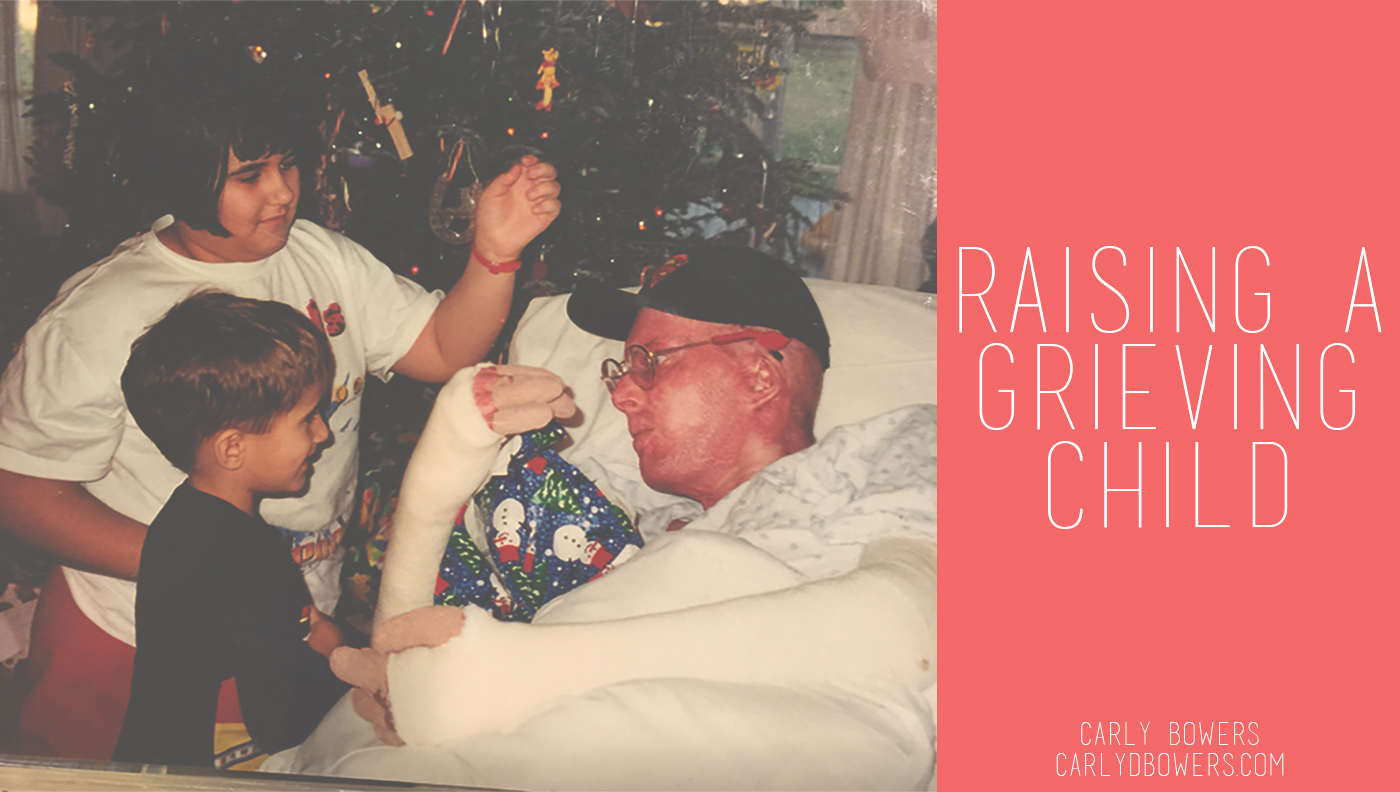
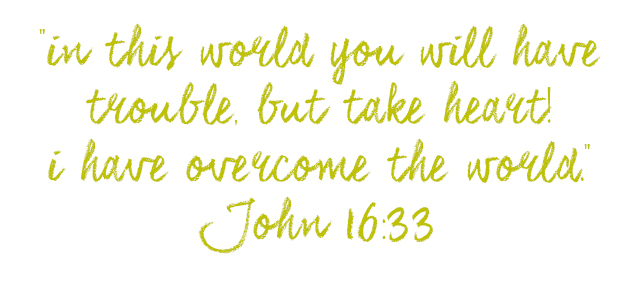
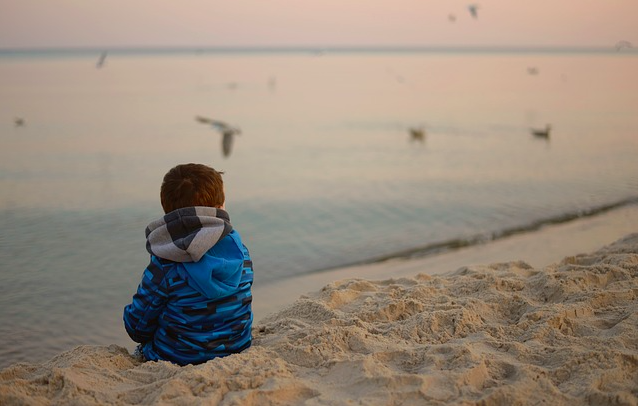
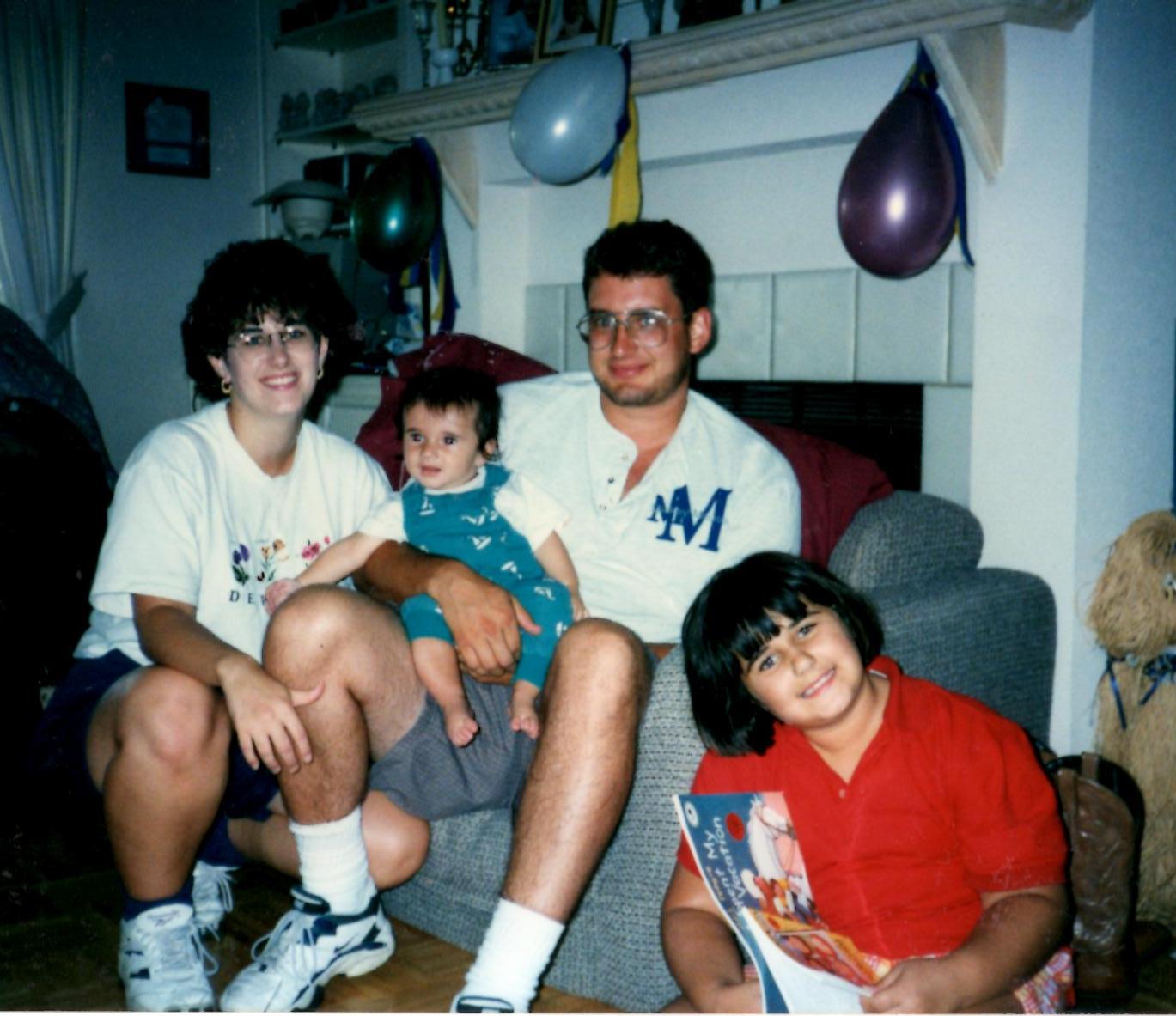
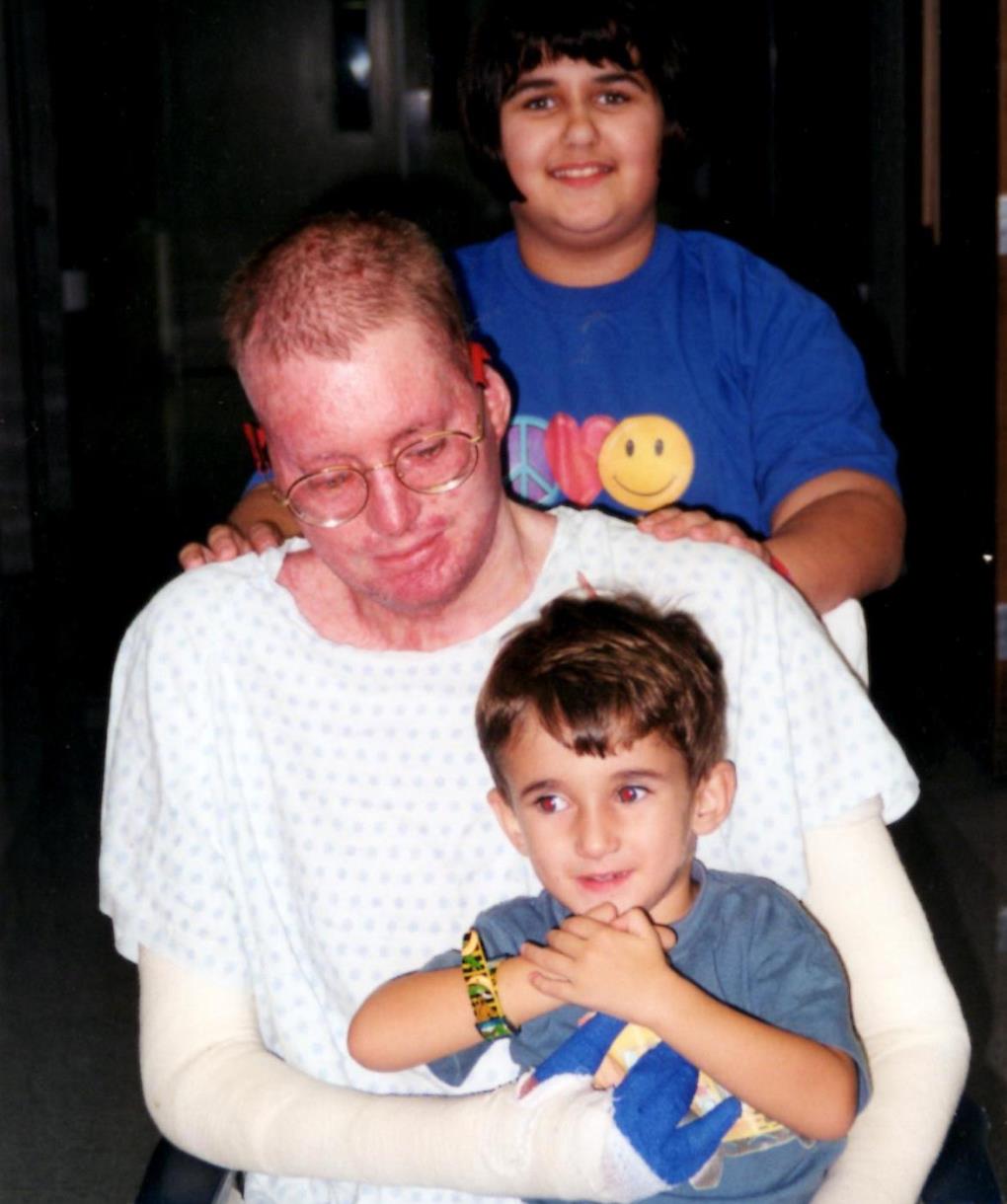
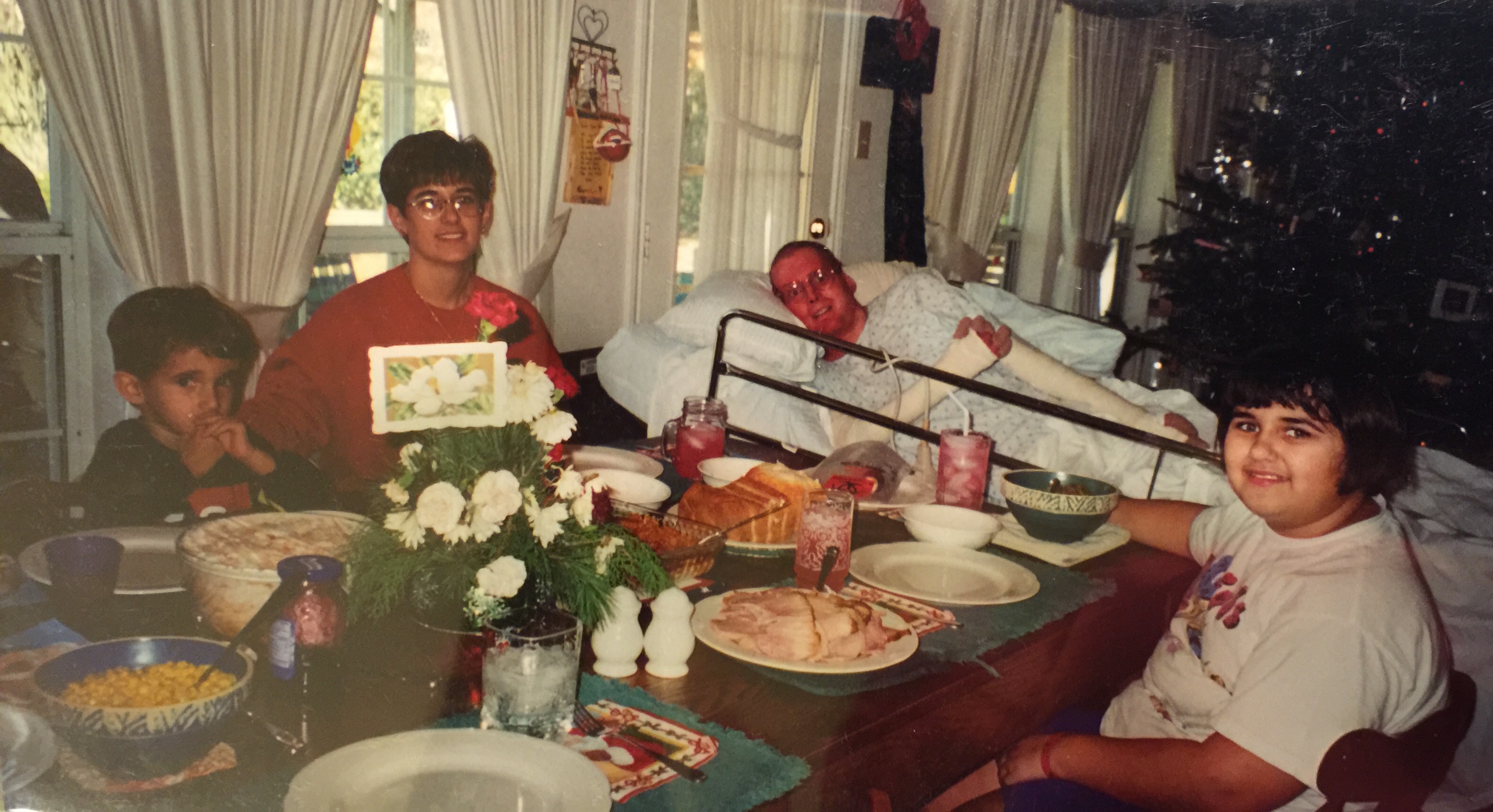
Leave a Reply